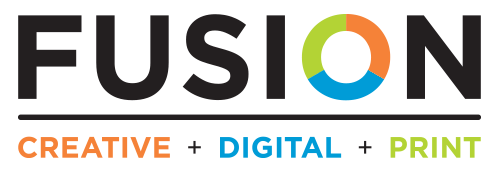A call to action (CTA) is an essential element of any marketing piece, as it prompts the reader or viewer to take a specific action. Thus, we should expect minor changes to the CTA to impact the effectiveness of the marketing piece significantly, and they do. Here are three examples of how simple changes to your CTA can have a significant impact:
1. Be specific: People are more likely to respond to precise instructions rather than vague or general ones. Thus, making the CTA clear can make it more actionable and more likely to lead to a conversion. For example, instead of using a generic CTA like "click here," a more specific CTA like "download your free e-book now" would be more effective.
2. Keep it simple: A too-complicated CTA can overwhelm the reader, leading to indecision or inaction. Keeping the CTA simple can make it more appealing and easier to act upon. For example, instead of using a long and complicated CTA like "Sign up for our newsletter to receive updates and exclusive offers," use a simpler CTA like "Subscribe now!"
3. Match the CTA to the right stage in the buying journey: The CTA should be appropriate to the buying journey the reader is in. For example, a CTA to "buy now" may be suitable for someone ready to purchase, but it might be too aggressive for someone still in the research phase. Instead, a better CTA for someone just starting to research a product might be "learn more" or "request a free consultation."
Overall, small changes to a CTA can have a significant impact on the effectiveness of a marketing piece. By making the CTA specific, simple, and appropriate to the stage of the buying journey, you can increase the likelihood of conversion and achieve better results from your marketing efforts.




